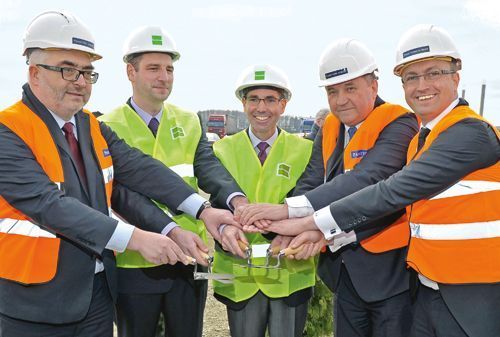At the end of September last year, ‘Eurobuild CEE’ received the news that US online retailer Amazon was planning to open five massive order fulfilment centres for the storage of goods and the processing of orders in Poland and the Czech Republic. Shortly afterwards, the news was officially confirmed by PAIiIZ (the Polish Information and Foreign Investment Agency) that three such facilities were to be built in Poland – one each by Goodman and Panattoni in Bielany Wrocławskie near Wrocław and another in Sady outside Poznań, also to be developed by Panattoni. Around the same time, it also emerged that Amazon was planning two similar facilities in the Czech Republic – one near Prague and the other in Brno. Each of the Polish and Czech centres would have floor space of more than 100,000 sqm – an unprecedented size for the CEE region. The largest warehousing project built in Poland prior to this had been Tesco’s 57,000 sqm complex in Gliwice. Amazon’s Polish centres, accordi





























































